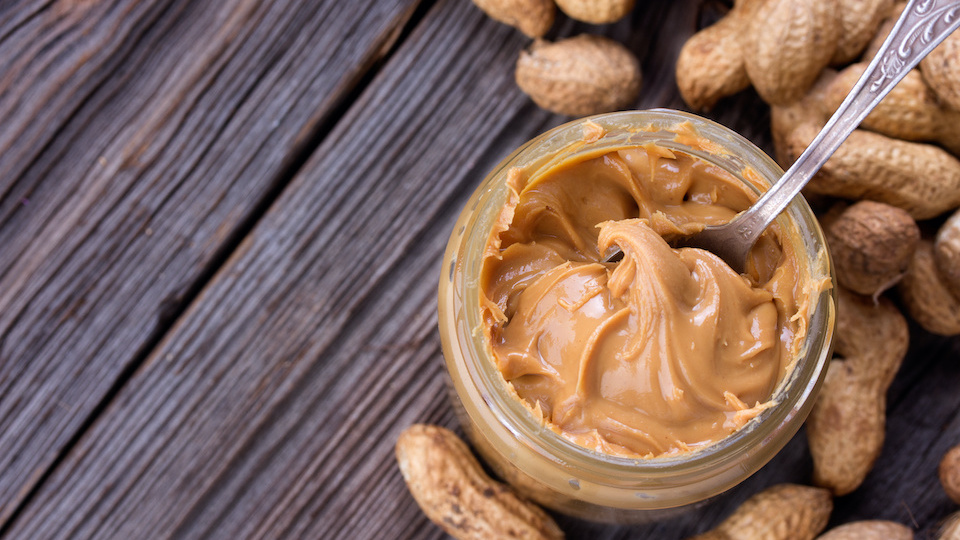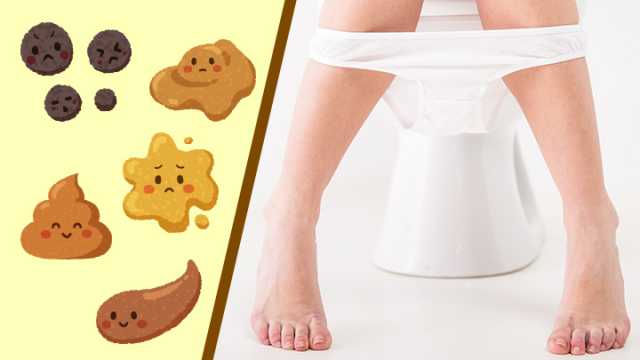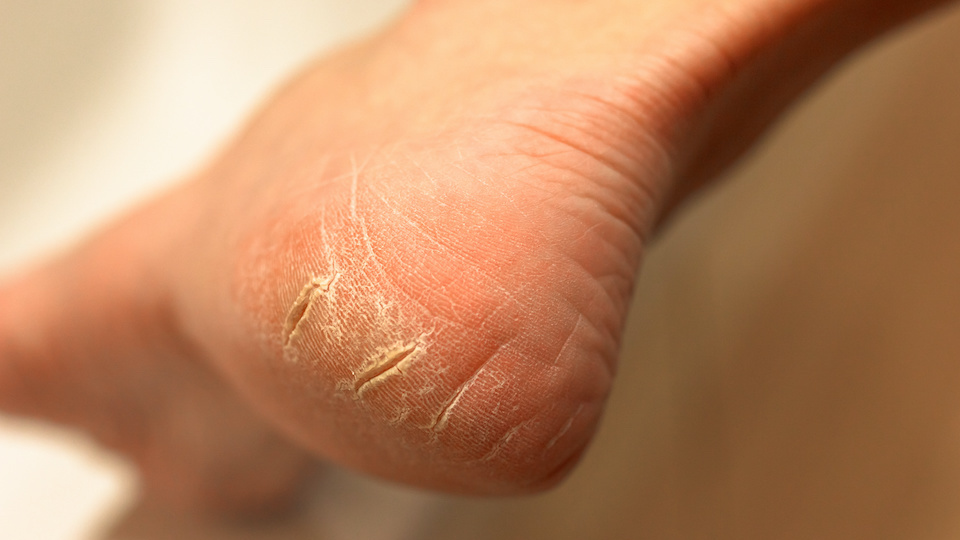Headaches are no fun, and some people seem to suffer more than others. While the exact reason for a headache varies, it is certain that it is not because of an aspirin deficiency. The human body is an incredible machine, and it signals in many ways – including a headache – when something is out of whack.
There are some different types of headaches, but tension headaches are the most common. Cluster headaches are painful and happen in groups or “clusters” and migraines can be downright debilitating keeping one down for several days.
While you might be able to knock your headache out with over-the-counter or even prescription aid, a number of effective home remedies get right to the root of the issue.
Natural Remedies for Headaches
Here are some of the more popular research supported ways to ease a headache naturally.
Hydrate: Studies demonstrate that dehydration is one of the most common causes of tension headaches and migraines. According to research, drinking water often relieves pain within 30 minutes to 3 hours. Remember to drink water frequently throughout the day to keep yourself from becoming dehydrated.
Magnesium: Magnesium is useful for regulating a number of bodily functions including blood sugar and nerve transmission. There is research to support the fact that persons who get frequent headaches may be deficient in magnesium. In one study participants who took 600mg of oral magnesium per day had a reduction in both frequency and severity of migraine headaches.
Sleep: Getting too little or too much sleep can cause headaches. In one study it was found that persons who slept less than six hours per night were more likely to have more frequent and more severe headaches than those who slept longer. It appears as though seven to nine hours of sleep is just right to keep headaches at bay.
Essential Oils: Essential oils are highly concentrated aromatic oils from plants that have been used therapeutically since ancient times. The two most popular essential oils for headache relief are peppermint and lavender. If you suffer from tension headaches, keep a roller ball of peppermint essential oil close at hand. It has been shown that this oil can help alleviate the pain associated with a headache when applied topically to the temples. When the lavender essential oil is either inhaled or dabbed on the upper lip, it appears to alleviate the pain of migraines.
Cold Compress: Inflammation can slow nerve conduction and constrict blood vessels which contribute to headache pain. Applying a cold compress to the head or neck area tends to help reduce this inflammation. One study found that women suffering from a migraine headache found relief when they applied a cold gel pack to their forehead.
B Vitamins: B vitamins play a number of complex roles within the body, from helping turn food into energy to neurotransmitter synthesis. Research shows that some B vitamins can help alleviate the pain associated with headaches. Notably, riboflavin ( B2), folate ( B12) and pyridoxine (B6) appear to be effective against headaches. If you have frequent headaches, you may want to consider taking a B-complex vitamin that contains 8 B vitamins.
Yoga: Tension headaches are caused by tension that is trapped in the mind and body. Many people find that releasing that tension through yoga helps keep headaches from occurring or minimizes headache severity. In fact, in a study, it was found that persons who practiced yoga for three months had significantly fewer and less severe headaches than those who did not practice yoga.
Ginger: Ginger root contains anti-inflammatory or and antioxidant compounds. In a study including 250 persons who had chronic migraines, it was found that taking 250 mg of ginger powder worked just as well to alleviate headache symptoms as the conventional medicine sumatriptan. As an added bonus, ginger has powerful antinausea properties – this helps with nausea often present with headaches.
Avoid Nitrates and Nitrites: These food preservatives are often found in lunchmeat, hotdogs, sausages, and bacon to keep bacteria a bay. Some people are sensitive to these preservatives and can get headaches as a result of eating them. It is thought that nitrates may cause an expansion in blood vessels leading to headaches. To reduce headaches and contribute to good health, eat as few processed types of meat as possible.
Exercise: Regular movement is an excellent preventative tool for many things, including headaches. In a large study of over 90,000 people, it was found that persons who were sedentary had more headaches than those who got regular exercise. Even just a short walk on your lunch break can make all the difference.
Ready to kick that headache to the curb?
-Susan Patterson









